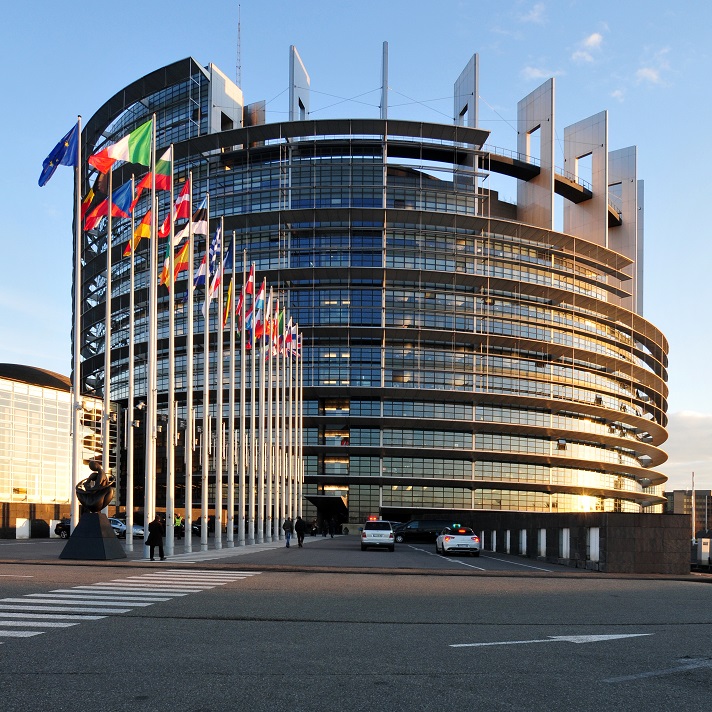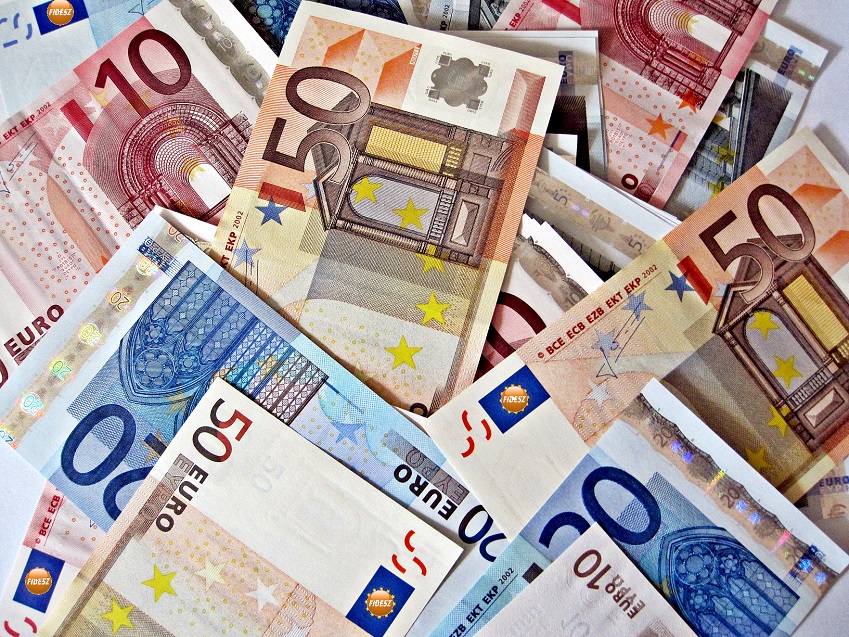This week, the European Court of Auditors will report on how the EU spends taxpayer money. For once, the worst offending member states will be named and shamed, with Hungary set to top the list. This should just be the starting point, insist Bart Staes and Benedek Javor.
Bart Staes and Benedek Javor are both Green MEPs and members of the budgetary control committee in the European Parliament.
The ECA’s report will be presented during the plenary session of the European Parliament in Strasbourg. This year, as with the previous 21, the report states that the ECA could not declare that EU spending of almost €150 billion in 2015 was entirely free from mismanagement, negligence or fraud by member states.
What is different this year, however, is the decision by the ECA to name those countries that are the worst at ensuring EU funds are properly spent – and Hungary, under the rule of Prime Minister Viktor Orbán, comes out on ‘top’.
The figures are staggering: the same Viktor Orbán who runs roughshod over basic European democratic values, the rule of law and protection of minorities, will be the proud recipient of €25 billion between 2014 and 2020 – more than any other EU country on a per capita basis apart from Lithuania – and yet a large percentage of the Hungarian projects funded by the European Union are by research of Transparency International Hungary described as ‘corrupt’.
EU funding for the regions of Europe (so-called cohesion funding) accounts for around one-third of the EU budget and is meant to help create a level social and economic playing field across the EU, reducing disparities between and within member states.
Yet despite being one of the major beneficiaries of EU funding, Hungary shows little sign of improvement – indeed regional and social inequalities in Hungary have grown significantly over the last few years. To mention just one example: Hungary’s spending on education is the lowest in the whole of the OECD, both as a percentage of total public spending and of GDP.
So where does the money go then? While some of it is undoubtedly spent on positive and useful projects for which is was intended, much of it is not. There are many cases of EU money being used to finance projects that ostensibly follow fair and transparent public procurement procedures but which in fact are often a cover for Orbán to give money to his oligarch cronies.
They include Lőrinc Mészáros, Orbán’s childhood school friends and mayor of the his home village; István Tiborcz, Orbán’s son-in-law; István Garancsi, a friend of Orbán’s and president of the football club of the town where Orbán was born; and Lajos Simicska, Orbán’s former college roommate, and former treasurer of the ruling party, who was the regime’s top oligarch until he fell out with the prime minister early last year.
In 2013 alone, the share of the combined value of tenders won by the many companies owned by these four people accounted for 11% of all public procurement contracts agreed that year. Between 2011 and 2014 the share of EU financing in the contracts won by these four men never fell below 80%; the average share of EU funds in Hungarian procurements is usually between 50 and 60%.
Simicska’s case is particularly interesting in shedding light on how this public procurement process really works. His companies won contracts worth hundreds of billions of forints before his friendship with Orbán came to a sorry end; since the rift with Orbán, his companies have won virtually nothing. In other words, if you’re close to Orbán, you have a much greater chance of winning the contract.
Ironically, it is this falling out with Orbán that means that there are still some critical voices in Hungary. Simicska rebelled against Orbán’s plans to introduce a special media tax (because it would have hurt his media interests) and now uses his once-loyal media empire to criticise the government.
Other critical voices are more easily stifled: the recent closure of leading opposition daily newspaper Népszabadság by new owners sympathetic to Orbán is just the latest example in an increasingly long list of independent voices summarily silenced.
Most Hungarians now get their news spoon-fed to them by the regime’s propaganda industry – all financed to a large extent by European taxpayers’ money meant to be used to help remove inequalities between EU member states.
Yet despite this being widely documented, the EU institutions continue to turn a blind eye. While Orbán’s crony capitalism is perhaps the most extreme example, the abuse of EU funding goes well beyond Hungary’s borders and risks irredeemably tainting the entire EU project if it is not tackled.
The naming and shaming by the ECA is just a start – real action is now needed to put an end to these abuses. Let’s hope other EU leaders and political leaders have the political courage to do just that. It’s time all relevant EU institutions start biting back at Orbán, on behalf of good governance for Hungarian citizens.
This article first appeared at the Euractiv news website: https://www.euractiv.com/section/central-europe/opinion/orban-bites-the-european-hand-that-feeds-his-oligarchs-its-time-to-bite-back/



